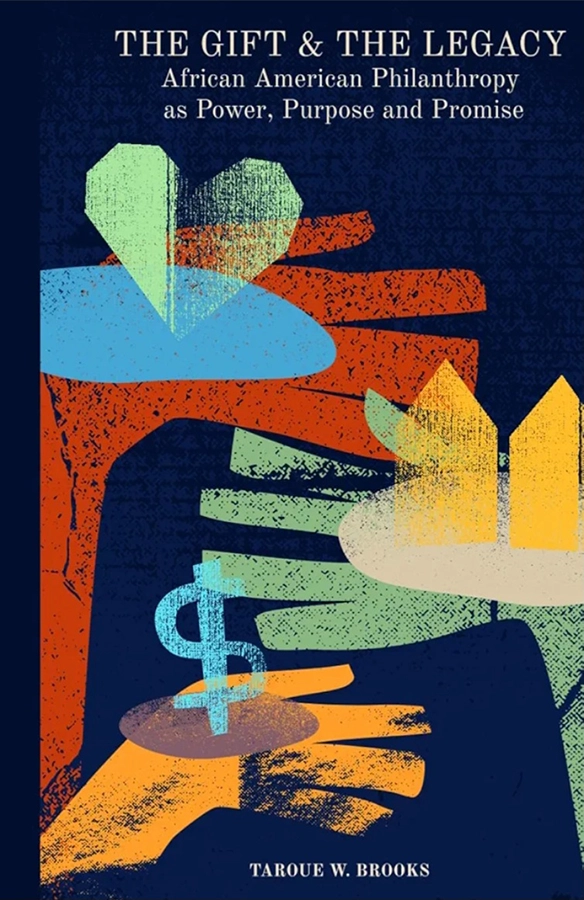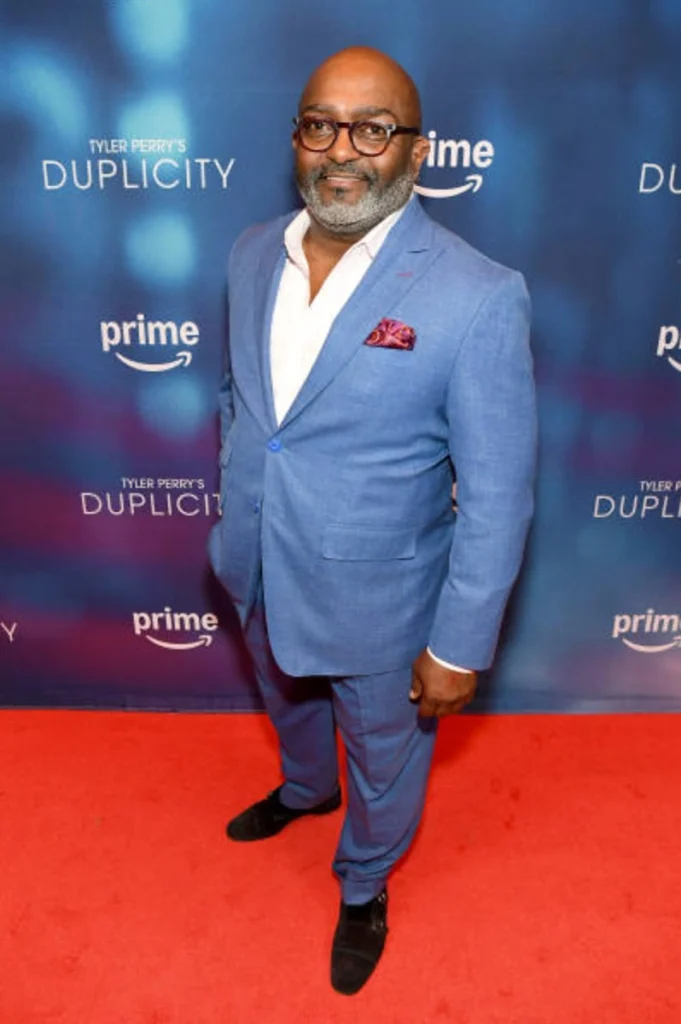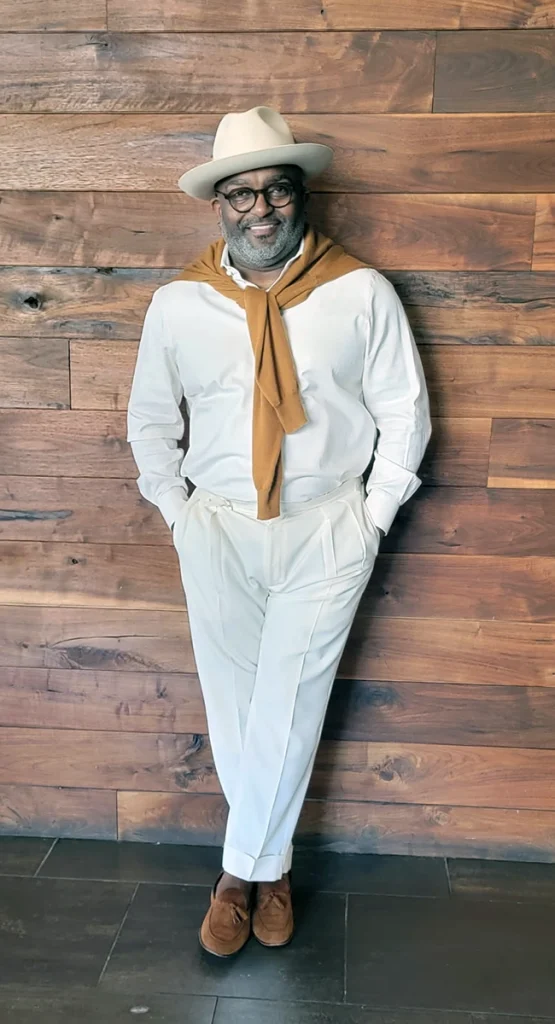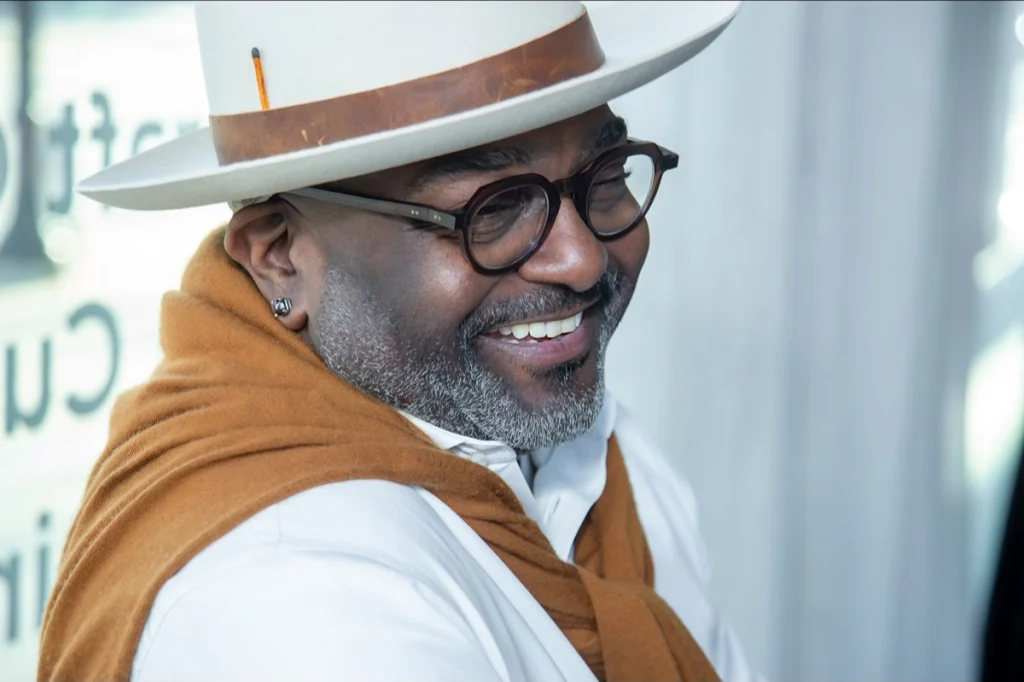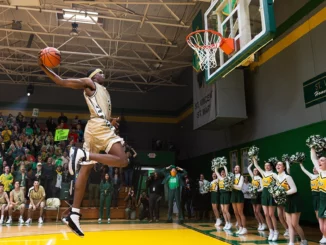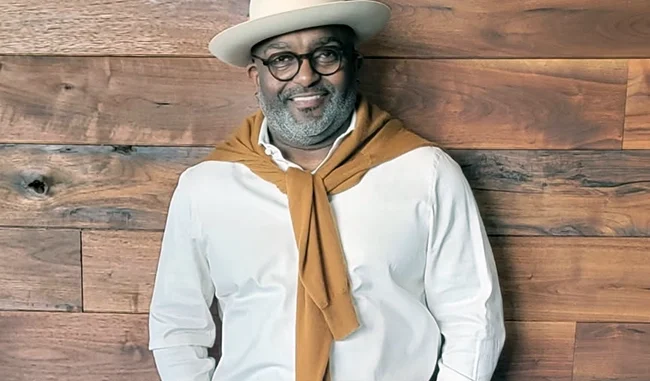
By Staff
Philanthropy has long been portrayed through the lens of wealth, endowments, and buildings named after elite benefactors. Yet for African Americans, giving has always been woven into the fabric of survival, resilience, and collective progress. In The Gift & The Legacy: African American Philanthropy as Power, Purpose and Promise, Taroue W. Brooks reframes the conversation, reminding us that philanthropy is not confined to financial contributions but encompasses time, talent, ties, testimony, treasure, and trust. Drawing from his own lived experiences and deep engagement with community, Brooks offers both a personal reflection and a call to action: to recognize, honor, and amplify the traditions of giving that have sustained Black communities for generations.
What inspired you to write The Gift & The Legacy, and why did you feel this was the right time to release it?
I wrote this journal to expand how we define philanthropy. For too long, the idea has been confined to wealth and privilege, which erases the rich and nuanced ways African Americans have always given to one another. At a time of heightened racial tension in this country, I believe it is critical for us to reclaim that definition, to honor why we created institutions like Historically Black Colleges and Universities, and to reaffirm the purpose of organizations often founded under the banner of “national” to serve Black communities. This is not a new story—it is a deeper truth that needs to be illuminated now.
How has your own journey in philanthropy shaped the perspective and insights you share in the journal?
From childhood, I witnessed philanthropy in its purest form—neighbors looking out for one another, families pooling resources, communities sustaining themselves with what little they had. Those experiences grounded me in my “why” and shaped how I move in the world. Later, serving on nonprofit boards exposed me to both the possibilities and the blind spots in how philanthropy is recognized. Those lessons compelled me to write this journal as a guide to encourage others to give with intentionality and to embrace the power of a giving heart.
You’ve been recognized with the Presidential Lifetime Achievement Award for your civic service. How did that honor affirm or deepen your commitment to creating this journal?
I am deeply grateful for every recognition, but awards are not my motivation. My purpose has always been rooted in living with intention—using creativity, resources, and experience to make a meaningful contribution wherever I am called to serve. The award affirmed that I am on the right path, but the journal itself is part of a much larger commitment: to inspire others to recognize the power of their own contributions.
The journal challenges the traditional idea that philanthropy is only about wealth. How do you define philanthropy, and why is that reframing so important for African American communities?
Philanthropy has always been broader than financial gifts, but history has spotlighted only the privileged—primarily white donors with the means to put their names on buildings. My work is about turning on the light so that all acts of giving are seen and valued. When we speak to the full definition, we empower more people to participate intentionally, and we validate the sacrifices and efforts that have sustained African American communities for centuries.
You describe philanthropy as “time, talent, ties, testimony, treasure, and trust.” Can you expand on how each of these elements can be powerful forms of giving?
Each of us has something to give, though what we offer will look different. Time allows us to show up when presence is needed most. Talent allows us to share skills and creativity that uplift others. Ties remind us of the networks and connections we can use for good. Testimony inspires others through our lived experiences. Treasure, of course, includes financial giving, but it need not be grand to be meaningful. And trust is the foundation upon which all giving rests—it is what allows generosity to have lasting impact. Together, these six “T’s” represent the fullness of philanthropy.
Why do you think so many people struggle to see themselves as philanthropists, and how does your journal help dismantle that barrier?
Philanthropy has been narrowly defined, many people have been excluded from the narrative. They see philanthropy as reserved for the wealthy, not as something they themselves practice daily. This journal offers a reframing that validates their contributions and shows them that they are, in fact, philanthropists. By naming their efforts and sacrifices as philanthropy, I hope to remove the barrier of doubt and inspire greater intentionality in giving.
From cotton fields to modern giving circles, African Americans have a rich tradition of giving. Why do you think this history has often been overlooked in mainstream narratives of philanthropy?
The erasure of African American contributions has always been a feature of mainstream narratives in this country. Whether in science, culture, or philanthropy, Black achievements have often been ignored, minimized or stolen. Our traditions of giving—rooted in survival, faith, and collective uplift—were no exception. This journal is an act of reclamation, ensuring that our legacy of philanthropy is acknowledged and passed forward with pride.
How does The Gift & The Legacy help readers connect their personal acts of giving to this larger historical legacy?
This journal is not about comparison or competition; it is about clarity and connection. I see philanthropy like a pot of gumbo, where every contribution—large or small—adds to the flavor and sustenance of the whole. Readers are encouraged to recognize themselves as the roux, the base of their own story of giving. When we see our efforts in this collective context, we begin to understand that even the smallest offering is part of something much greater.
Your journal isn’t just about reading; it’s about reflecting and acting. How do you envision readers using the prompts and exercises in their daily lives?
When you put something in writing, it takes root—it becomes part of who you are. The prompts and exercises are designed to spark that process. They invite readers to pause, reflect, and clarify their intentions. It’s not about judgment, but about discovery. Through that process, I believe people will find their authentic path to giving and carry it into their daily lives with greater purpose.
How do you hope families, churches, or organizations might use this journal as a tool for collective growth?
This journal provides an opportunity for organizations to return to their roots—to revisit their original purpose and reaffirm why they exist. For families and churches, it can be a space to reflect together, to acknowledge the ways they have given, and to chart new paths forward. Once we know who we are and why we do what we do, we unlock a deeper power that shapes both present and future.
How do you hope The Gift & The Legacy will influence the next generation of philanthropists, especially young people?
My hope is that the next generation will feel empowered to step into their own giving journeys without hesitation. I want them to understand that philanthropy is not limited to money or status—it is about sacrifice, intentionality, and legacy. By seeing themselves in this broader definition, young people will have the confidence to build upon what has come before and to move us all a little further forward.
What does legacy mean to you personally, and how do you want your own legacy to be remembered?
For me, legacy is the collection of receipts—the tangible outcomes of my time, talent, ties, testimony, treasure, and trust. It is what remains after I’ve done my best. My hope is that people will look at my life and see someone who gave with purpose, lived with intentionality, and left behind tools for others to do the same. That, to me, is the perfect gift.
The Gift & The Legacy African American Philanthropy as Power, Purpose and Promise
ABOUT
What if you discovered that you are already a philanthropist?
For too long, philanthropy has been defined by wealth, prestige, and access. But in The Gift & The Legacy, acclaimed author and thought leader Taroue Brooks shatters that myth and reclaims giving as both a birthright and a responsibility. With powerful storytelling, historical insight, and practical guidance, this groundbreaking journal reframes philanthropy as something far deeper than money—it is time, talent, ties, testimony, treasure, and trust.
From the whispered songs of survival in cotton fields to the collective power of modern giving circles, African Americans have always given—often more sacrificially, more faithfully, and more invisibly than any measure could record. This book reveals those untold truths while guiding you to discover your own place in that legacy.
You will not just read—you will reflect, write, and act. Through compelling stories, guided exercises, and transformational prompts, you will:
- Redefine what it means to be a philanthropist and claim that identity with confidence.
- Confront barriers and rewrite the narratives that limit your giving.
- Align generosity with your deepest values to create intentional impact.
- Learn to preserve culture, build wealth, and secure legacy for generations to come.
The Gift & The Legacy is more than a book—it is a movement. It is a mirror that shows you the power you already hold, and a map that directs you toward the future you are capable of building.
Your gift is your power. Your legacy is your promise. Together, they are the story you will leave behind.



